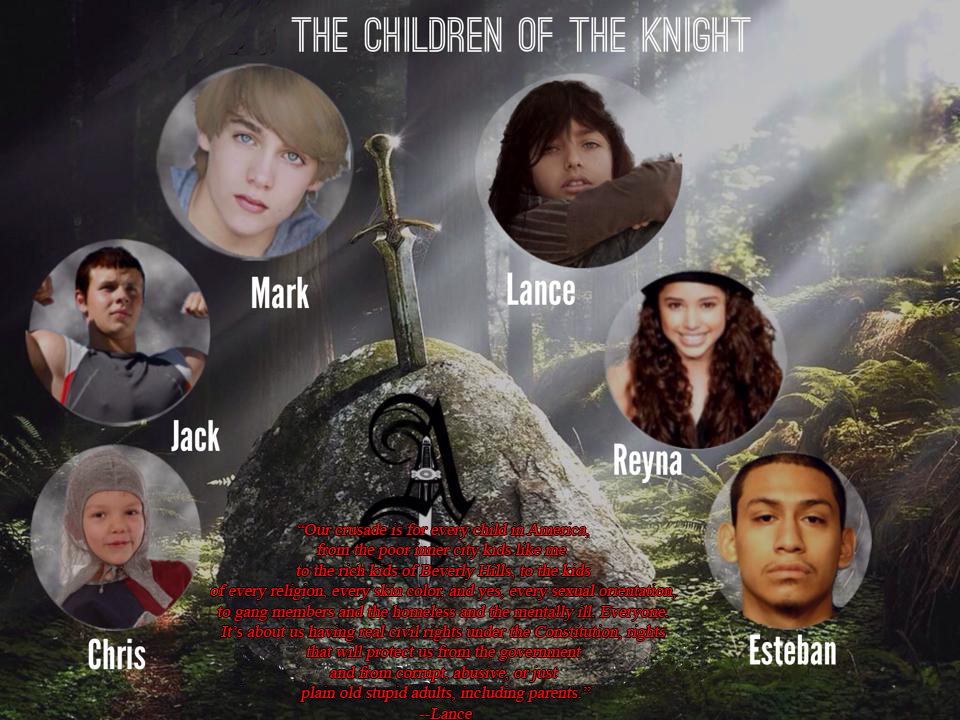I thought I’d devote a post to the fun of meme-making. I LOVE making memes to promote my books or precepts I live by. I use Photoshop to create my memes and feel I’ve gotten better over time at creating images that look reasonably professional. However, I’m not anywhere near a professional and that is obvious, but I have fun making them. Feel free to share any that you like, but please give me the credit. I’ll go in the order of book release dates, even though I might have created some memes after a book came out. You can learn more about all these books here on my website.
A MATTER OF TIME was my second book that mashed up several genres and time periods. This meme presents my original cover art from 2012 and one by a professional artist named Howard David Johnson created in 2016. The difference is, well, obvious. LOL

The CHILDREN OF THE KNIGHT series, published throughout 2013-2014, is more relevant now than when it came out, dealing with numerous social justice issues facing America today, especially those that impact marginalized children and teens. The target audience is high school youth and adults due to mature language and themes.

An ad I created for YA Books Central.

![]() A poster I used for promotion that incorporates some of the final cover elements.
A poster I used for promotion that incorporates some of the final cover elements.

A meme that incorporates one of the primary themes.

An alternate take on possible cover art that I used to promote the second book. It teases a major revelation from the first chapter.

This meme was created by the assistant to a fellow author who was helping me promote this book.

Michael is a teen teetering on the edge of madness who leads Lance down a path toward imminent self-destruction.

This one is pretty self-explanatory, especially for readers of the books. Lance becomes a beloved figure worldwide who is invited to both the White House and Congress.


Lance graduates high school. I made this to celebrate the graduation of a boy who loved the Children of the Knight series and admired Lance as a character. I posted this pic on his FB wall along with my congratulations.

I made this to promote the series. I even have a poster of it just in case I have the opportunity to attend an author event.

This is a Dream Cast poster I created for a CHILDREN OF THE KNIGHT blog tour in 2013. Obviously, the cast would change if the book were to be filmed now, but I think these actors would have been stellar.
SPINNER is a teen horror thriller that some reviewers have compared to Stephen King’s “It,” which I find very flattering. This book features teen protagonists who have disabilities and modeled on kids I taught for many years in my career as a high school teacher. I went overboard on the memes for this one. LOL Here are some that I used to promote this 2015 release. Enjoy!






















WARRIOR KIDS: A TALE OF NEW CAMELOT is my last published book and is a standalone sequel to the Children of the Knight Series aimed at Middle Grade and High School readers. It deals with the often contentious issue of climate change and can be safely used in school classrooms to teach kids about environmental concerns. There are extension activities at the back and, unlike the other Children of the Knight books, the language isn’t “street.” It does, however, depict how racism, the venal pursuit of fame, and “group think” prevent real progress toward fixing all human dilemmas. Here are the memes I’ve used to promote this book. BTW, for teachers, the book is available for free at https://sharemylesson.com/teaching-resource/middle-grade-novel-kids-vs-climate-change-275506.






This is the logo I created that the kids in the book wear on their shirts and beanies.
Lastly, here are some random memes I made that deal with important precepts, themes I write about, or what I think is important for people to consider.





So these are most of the memes I’ve created, but there are some I know I’ve forgotten because I’ve made so many. LOL Feel free to comment on any that you like or don’t like and, as I said before, feel free to share (but please give me credit. Thanks.) I hope you’ve enjoyed these images and the messages they contain as much as I enjoyed creating them. Meme-making rocks! Don’t you want to rush right to your computer and start meming? I do. Onward and upward!






